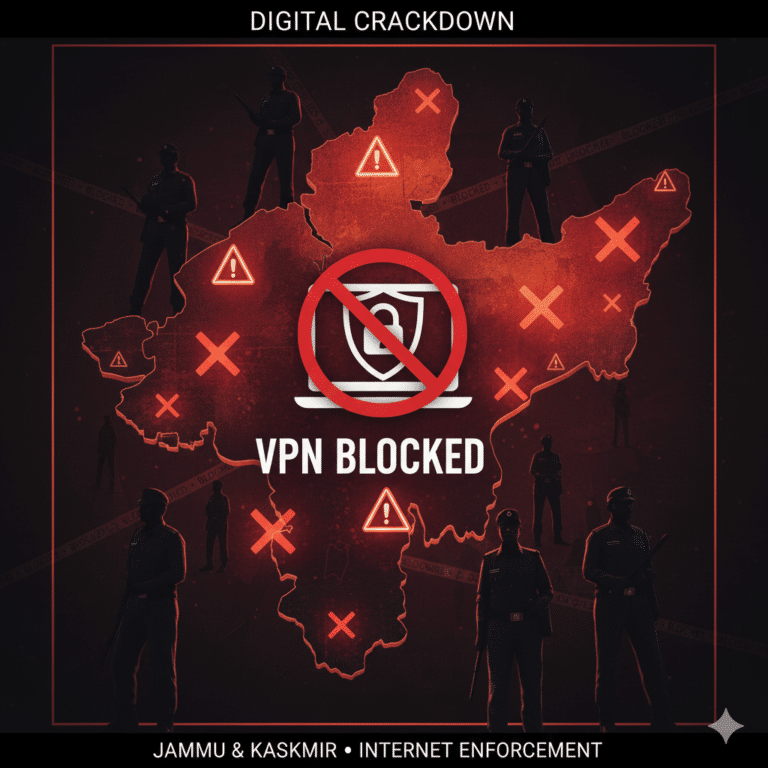Switzerland has long been regarded as a global bastion of digital privacy, the trusted home for encrypted email firms, secure messaging apps and leading no-logs VPN services (Swiss Government). However, a controversial amendment recently proposed by the Federal Council of Switzerland threatens to turn that reputation on its head — by expanding surveillance and data-retention obligations to online services including virtual private networks (VPNs). For privacy-conscious users and the VPN industry alike, this marks a critical moment: the very tools many rely upon to protect their anonymity may soon face legal demands to log users, hand over data and break encryption.
What’s changing in Swiss privacy law
At the heart of the issue is the proposed revision to the Ordinance on the Surveillance of Correspondence by Post and Telecommunications (OSCPT) (also known as VÜPF in German-language sources). The amendment seeks to extend obligations beyond traditional telecom and internet service providers to so-called “derived service providers” — a category that explicitly includes VPNs, encrypted messaging apps, social-networks and other digital services with 5,000+ active users or turnover above a set threshold.
Key changes would include:
Mandatory user identification: services would need to collect ID or other credentials to verify customers are not anonymous.
Data retention: Logs of IP addresses, connection metadata and possibly decrypted traffic would have to be stored for at least six months.
Decryption requirement: If a provider holds encryption keys, it may be required to decrypt communications for authorities upon request.
Such obligations would directly undermine the “no-logs” promise of many VPN providers, and erode the current protections Swiss law affords to privacy-focused services.
Why the VPN industry and privacy advocates are alarmed
The reaction from the industry was swift and pointed. Proton AG — the Swiss-based company behind Proton VPN and encrypted email service Proton Mail — declared that the proposed law would force them, and similar firms, to leave Switzerland rather than compromise their core privacy promises. “We would be less confidential as a company in Switzerland than Google based in the United States,” said Proton’s CEO.
According to news sources:
“We would have no choice but to leave Switzerland,” — Andy Yen, CEO, Proton.
And:
“Online anonymity is at the core of the balance of power in a democracy. When the government has access to all your metadata, that’s completely reversed.” — Roussel, NymVPN.
From a user-perspective, the risk is clear: if VPN services are forced to log users or decrypt traffic, then the key benefit of a VPN — anonymity and confidentiality — is severely compromised. Many users choose a VPN specifically to mask their location, prevent tracking and shield data from eavesdroppers. With these proposed changes, the ability to “VPN and hide” might become illusory.
Furthermore, Switzerland’s standing as a privacy-friendly jurisdiction is under threat; this could drive tech companies and privacy services to relocate, undermining Switzerland’s digital economy and the global reputation of its protective laws.
Comparisons & wider implications
Compared to other jurisdictions, Switzerland’s move is notable:
In the EU, data-retention laws for non-telecom services are highly controversial or partially struck down by courts. The Swiss proposal is therefore broader than most of its European neighbours.
VPN providers are often regulated differently across regions; Switzerland historically allowed true no-logs operation and strong legal protection under the Federal Act on Data Protection (FADP).
The broader implication is that if Switzerland weakens its privacy laws, it may embolden other countries to attempt similar measures — potentially ushering in a new era where anonymity tools like VPNs become legally compromised rather than legally protected.
What users and enterprises should do now
For everyday users of VPNs:
Audit your provider. Choose a VPN with a public, verified no-logs policy, strong jurisdictional safeguards and transparent infrastructure.
Monitor where your VPN company is headquartered and whether changes to local law may affect its policies or server locations.
Consider diversifying: using multi-hop servers, non-Swiss jurisdictions, or services that are resilient to legal changes.
For enterprises and IT-admins:
If you offer or support VPN services, stay ahead of regulatory risk. Make sure service contracts, infrastructure and data-handling policies accommodate potential changes in jurisdictions like Switzerland.
For organisations relying on privacy tools (journalists, NGOs, legal professionals), evaluate whether a VPN provider’s legal and jurisdictional exposure aligns with the protection you require.
Learn more than UK Online Safety Act Triggers 1400% Surge in VPN Use
Conclusion
Switzerland’s proposed surveillance law amendments mark a pivotal moment for the VPN industry and for user privacy worldwide. A nation once celebrated for shielding data now risks turning into an enforcement zone where anonymity is curtailed and encryption is challenged. For users who depend on VPNs for privacy, digital freedom and security, this isn’t simply a regional policy update — it is a red flag. Whether the law passes, is revised or is blocked, the message is clear: the landscape of VPN privacy is shifting. The firms that adapt and the users who choose wisely will determine whether VPNs remain bastions of privacy — or simply tunnels under surveillance.



